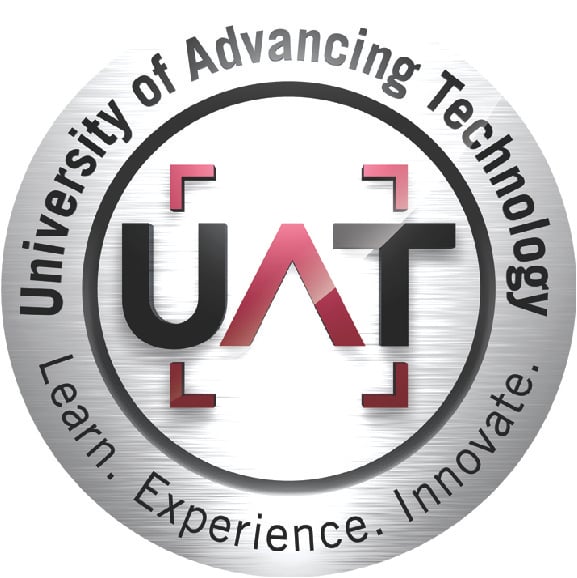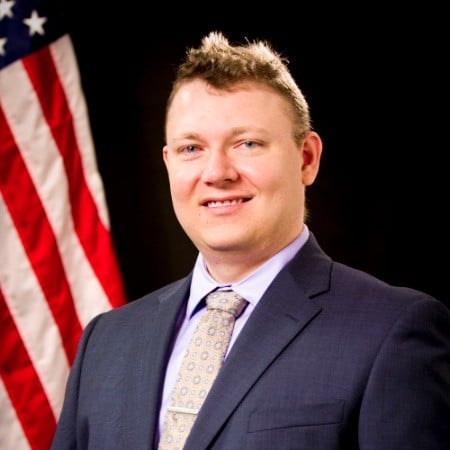On April 27, 2018, North Korea and South Korea signed the Panmunjom Declaration for Peace, Prosperity and Unification of the Korean Peninsula. Two electronic versions—one in English and one in Korean—have been stored on the Ethereum blockchain. The energy industry alone has invested $1 billion in blockchain.
And four of the world’s largest automakers want to put blockchain technology in your car.
“Blockchain is right up there with the invention of the Internet,” said Damian Chung, Sr. Director of Cybersecurity Engineering and Development at Dignity Health. Chung thinks blockchain has the potential to revolutionize healthcare, empower businesses to bypass the middle man and even safeguard democracy. “We can apply it infinitely, so it’s here to stay,” Chung said.

Blockchain may lead to unprecedented business agility and help companies save time and money, but few people know how to harness the power of this emerging technology. According to TechCrunch, 14 blockchain job openings exist for every one blockchain developer.
The talent shortage prompted Chung to develop and teach a blockchain course at the University of Advancing Technology, where he is an adjunct professor in the cyber security department.
Students who take Chung’s Summer 2018 blockchain class will be able to:
- Explain the benefits of blockchain and how it differs from cryptocurrencies
- Understand blockchain architecture
- Present use cases to CEOs, devs and non-technical folks
- Design smart contracts
- Produce an architectural proposal for a real-world blockchain application

The 15-week course will cover blockchain transactions, keys, miners, distributed ledgers, blockchain wallets, hash functions, pseudonymity, Solidity, Go, private blockchain on Ethereum, Hyperledger Composer and MultiChain. Even though the class will incorporate some coding, students do not need to be strong programmers to do well.
Chung recommends starting with Blockchain Revolution by Don and Alex Tapscott and watching some YouTube videos.
Students should also capitalize on the power of the magic words, “I am a college student, and I need help.” Reach out to professionals who are already doing cool things with blockchain. Tweet to SEMs who tweet about blockchain. Ask questions on blog posts. Utilize LinkedIn. Create your own internship.
Search for and join Meetups such as Desert Blockchain. Professionals go to Meetups because they want to connect with other innovators, give back to their communities and meet and mentor (and possibly hire!) curious students.

Learning how to develop blockchain solutions will prepare students for careers as disruptors. Studying how blockchain is transforming industries such as banking and real estate will also help students to forecast, visualize and implement change in other industries such as energy, gaming, HR and cosmetics.
Interested in collaborating on a blockchain project with UAT or hosting a blockchain event on campus? Reach out to Ashley: amurry@uat.edu.




Comment